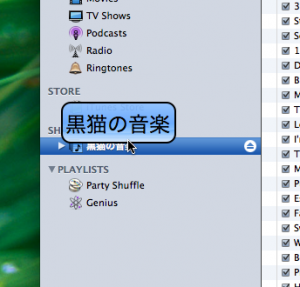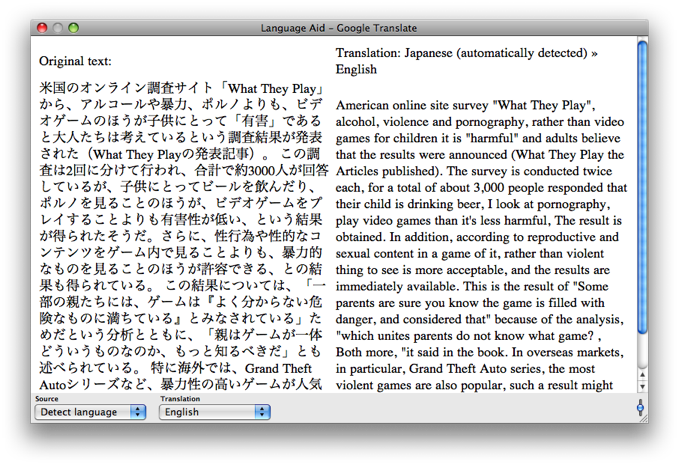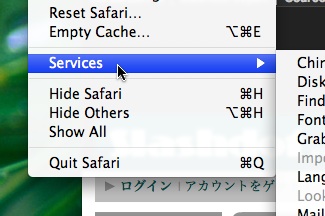Neo Geo cart hacking is still alive and well | |
| October 16th, 2010 | |
 |
A couple of years ago I wrote an article called Neo Geo Cart Conversions which detailed a cool hobby project that involved turning a Neo Geo game called Metal Slug from an MVS (Arcade) version cartridge into an AES (Home) version. The primary reason for performing the conversion was to save the thousands of dollars it would take get a hold of an authentic AES cartridge and experience the original game at home legally (plus, doing the actual conversion was tons of fun!). A few years later I decided that it would also be fun to do a write up of my experiences and share my findings for others to enjoy. Over the years people have occasionally emailed me about the article with compliments and questions about the article. It has also been especially satisfying to hear about people who have successfully performed their own Metal Slug conversions by following my article. So far there have been four people that I know of who have done so, the latest of which is Akira Van who sends this image of his finished product:

It just goes to show that despite the end of officially produced Neo Geo carts, the wide and cheap availability of Neo Geo games in virtual console/compilation form and essentially the entire video gaming world moving on that there is still a vibrant and thriving community of enthusiasts and hackers dedicated to this great platform.












